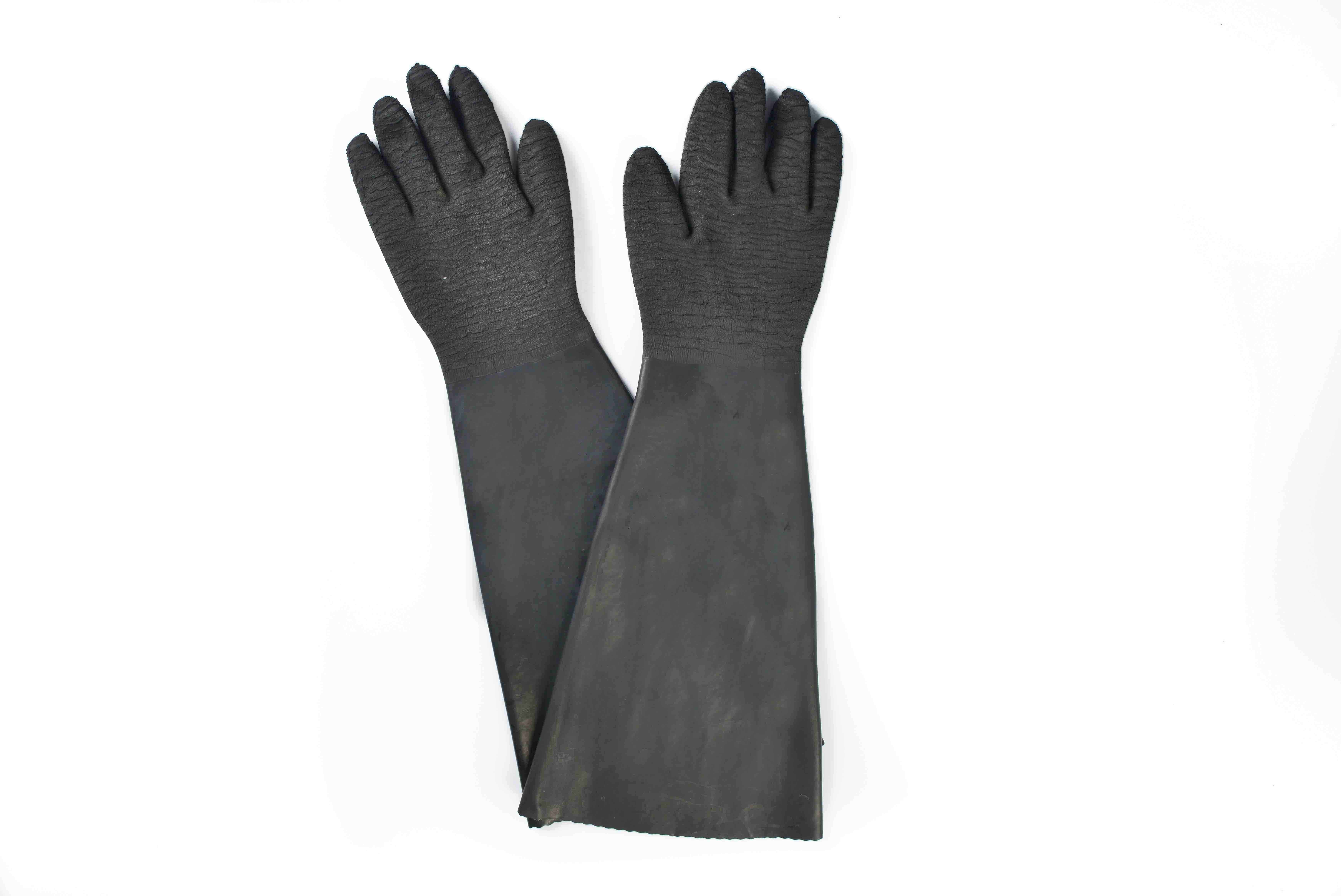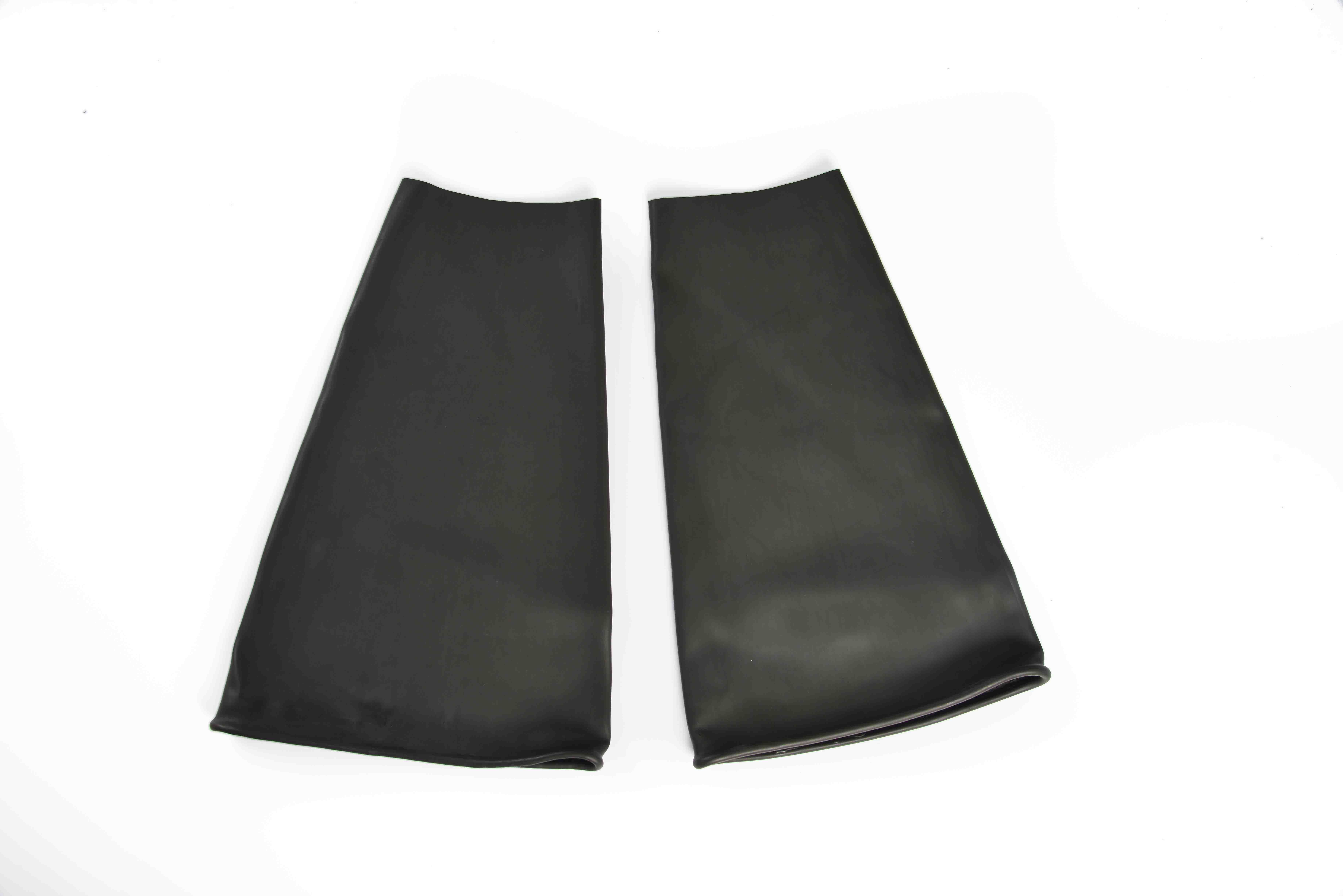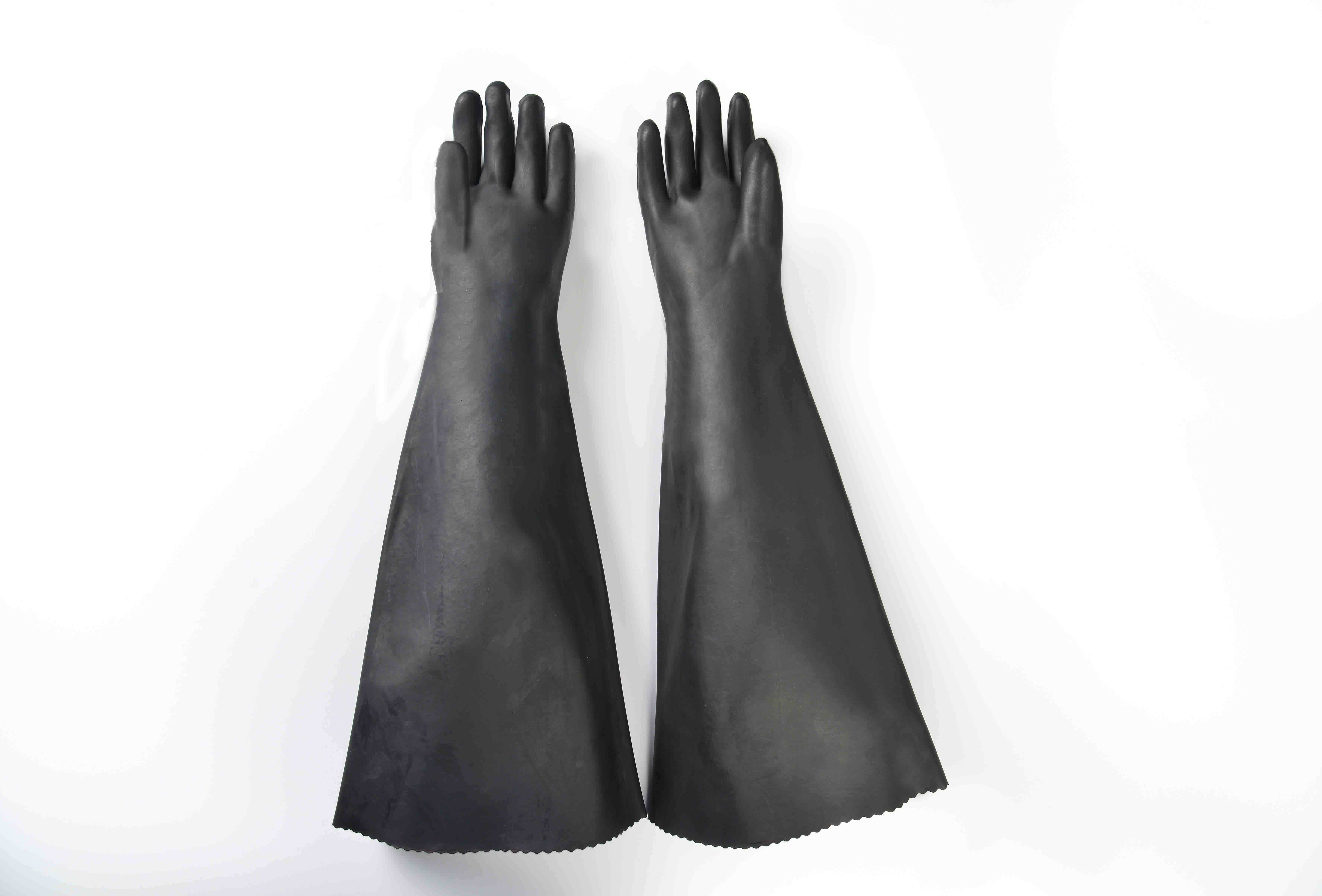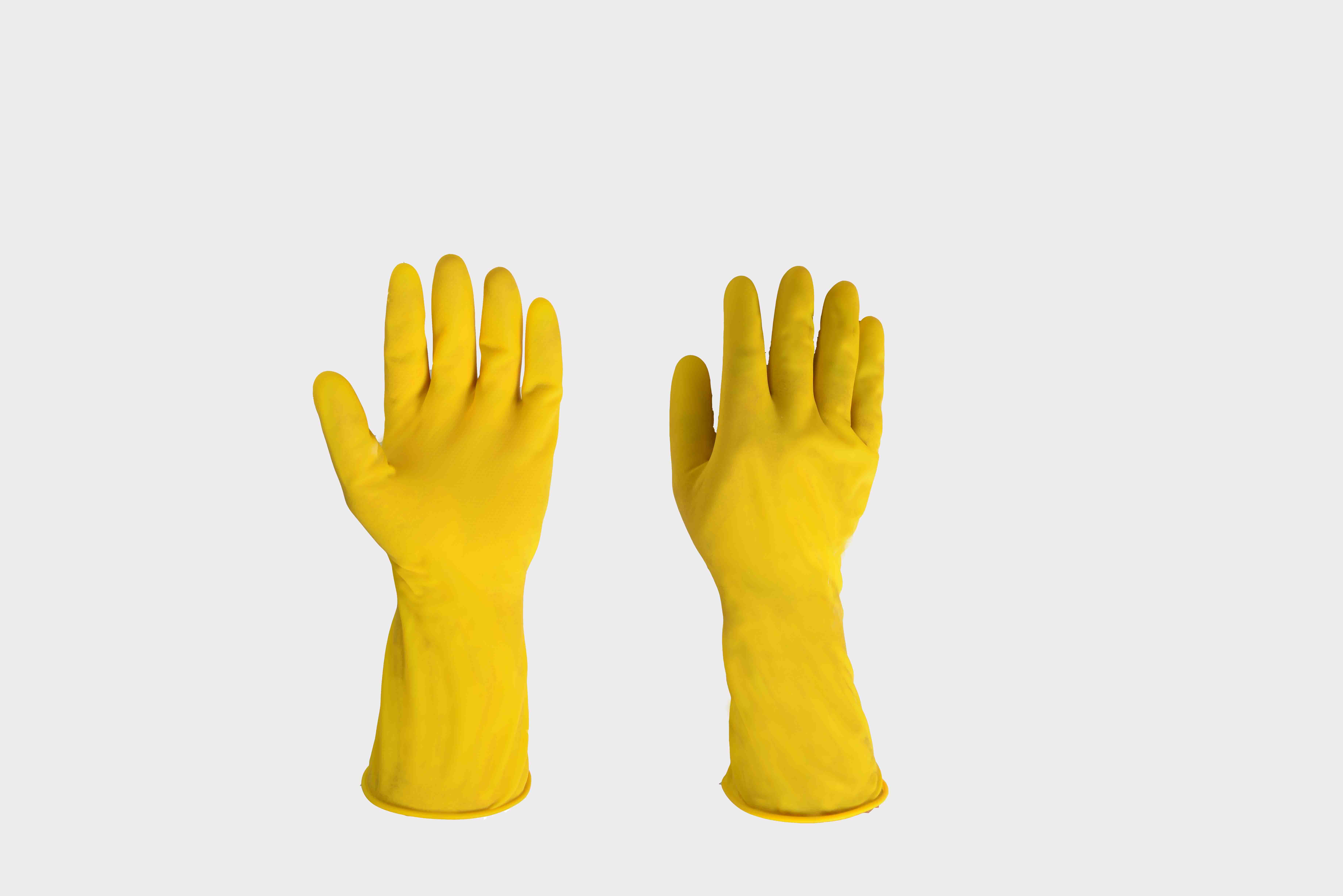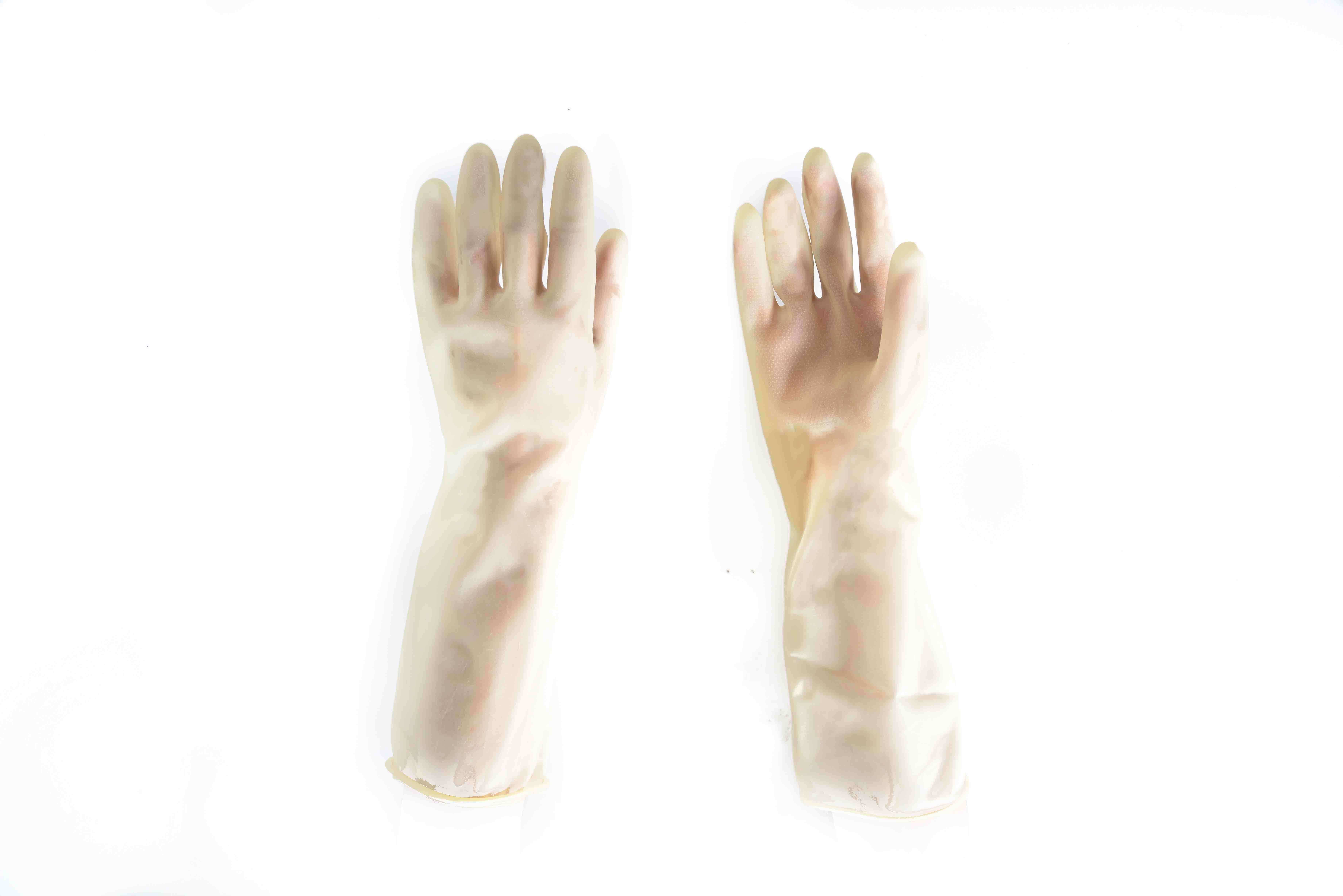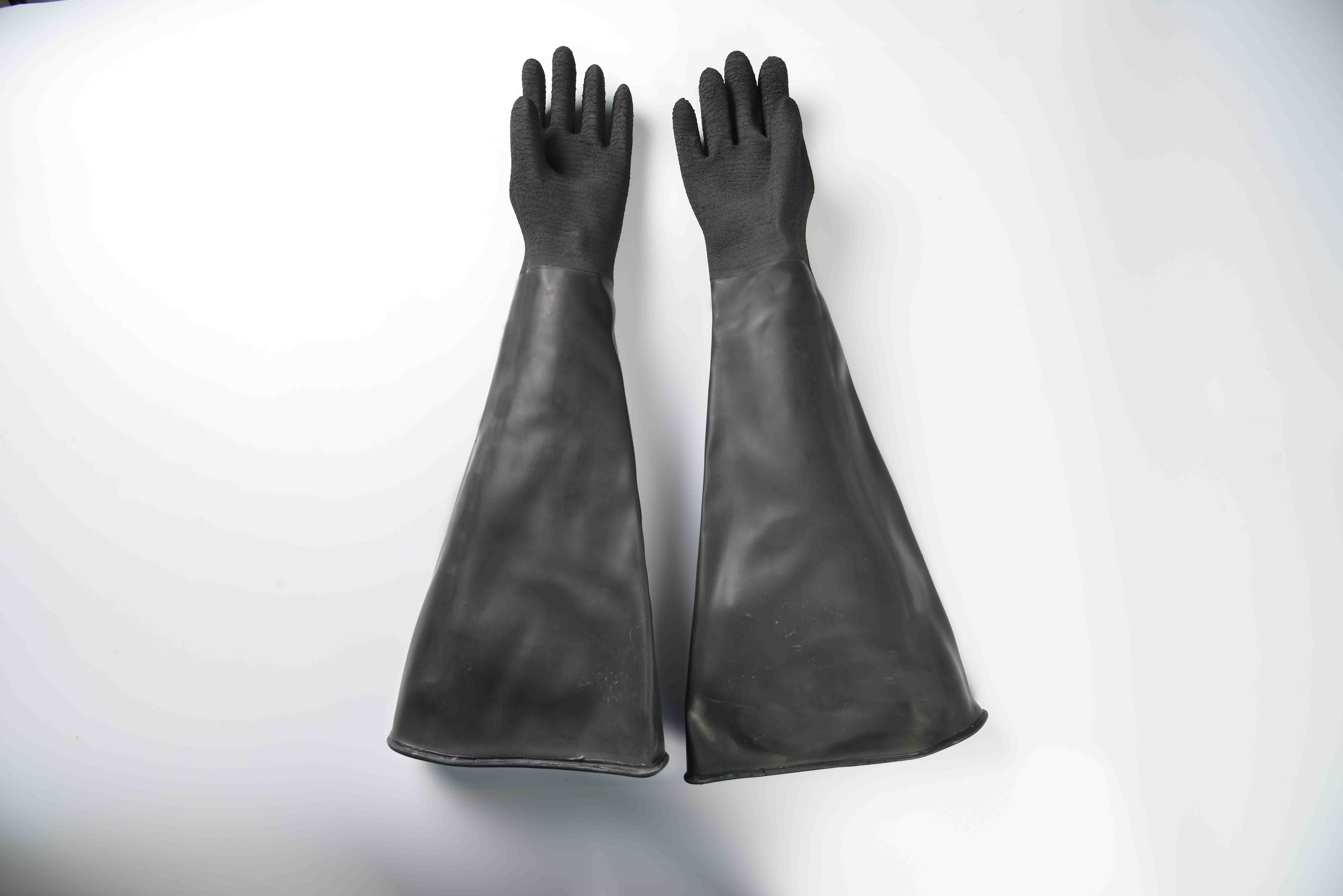9 Years Factory 24″ rubber glove – cotton linning-rough finish to Congo Importers
Short Description:
Heavy duty rubber glove, made of 100% natural latex. 24” length(62cm), rough finish, seamless, cotton lining, ambidextrous style (fits either hand), 570g/pair, 50pairs/case. Good resistance against acid and alkali. Using for Isolater, dry box, blast cabinet, etc.
Product Detail
FAQ
Product Tags
The customer satisfaction is our primary target. We uphold a consistent level of professionalism, quality, credibility and service.
9 Years Factory
24″ rubber glove – cotton linning-rough finish to Congo Importers, If you are interested in any of our products and services, please don't hesitate to contact us. We are ready to reply you within 24 hours after receipt of your request and to create mutual un-limited benefits and business in near future.
Heavy duty rubber glove, made of 100% natural latex.
24” length(62cm), rough finish, seamless, cotton lining, ambidextrous style (fits either hand), 570g/pair, 50pairs/case.
Good resistance against acid and alkali. Using for Isolater, dry box, blast cabinet, etc.
FAQ Content
http://www.simplypiste.com/products/ONeill/WomensAmayaJacket-GreaseGrey.aspx
Protect yourself from the elements with this great looking ski jacket from O Neill. The Amaya jacket has a heap of features designed to keep you comfortable on the slopes such as a detachable fur lined hood, gaiters and pockets for your goggles, MP3 player and lift pass.
GET THE TEMPLATE at https://armortemplates.com/
—
How to make this gauntlet yourself using ordinary tools in your garage!
VIDEO TRANSCRIPT:
dark hero gauntlet tutorial
this is made of 22 gauge stainless steel
and 20 gauge brass very cool design
very fun build it’s actually not that hard to
do this one
there’s not that many parts
compared to other ones, so a little easier there you also get that sharp finger look
without having the issue of not the being able to hold an item so
grab your hammers and let’s get started
download the template
at the link under the video or go
directly to armor templates dot com
Here’s the glove I got I think it was thirteen dollars
at Amazon pretty good deal
this is just leather I had laying around this
we’re going to sew to the bottom of the glove
to extend it
to attach other pieces later on so we’re gonna sew right here
this is a leather
needle but a regular needle will work as well
here it is sewn on
now cut the pieces out of the template
trace them onto metal. I suggest building it in paper
first though like always
that way you can make changes before you
commit to metal
cut the pieces out here they are
this is the hand part usually I call
the knuckleplate
we’re gonna be bending these ends
but not straight like this
at an angle on both sides to match the angle of your hand
so you can bend this by hand for the most part and
then using a hammer just
touch up the corners to bend them a little bit further along
keep checking against your hand to see if it
fits
I’m also gonna be making a crease right here Just keep that in mind as you shape
I have a little gouge here in this piece
of metal, or, piece of wood, excuse
me this is a masonry chisel
and I’m just gonna place this thing here
and carefully line this up and hit it
gives us a nice straight line right here as you can see
and using a hammer in the vice
just kinda curving over some these parts
make them fit my hand a little bit better
not too bad of a fit
I’m also going to the trouble to round these
edges a little bit more you
me do this in other tutorials it just
gives it a much finer look
I did this with all the parts I
could on this gauntlet some parts a little
bit difficult but
you could skip this part but i really
suggest it it’s not that hard and it really makes
a big difference
for some other parts you can use the
the seamer tool to make a nice crisp edge
you can find that tool in any home improvement store
in the gutter and downspouts section
I’m also rounding this part a little bit
afterwards to match the curve of my wrist
and like before I’m doing the edge rolling
just a little bit to give this piece a
little bit more just a heftier look
You can see I’ve got a little line scored here this is to
use the seamer tool and I’m gonna bend this part over
you’ve also seen this in other tutorials of mine
this just gives you a much straighter edge
and it reinforces it to make it much stronger
bend the rest of the edge over with a
hammer on a flat surface, and there you go
now I’m using a piece exhaust pipe
and I’m just rounding this part which is
called the vambrace
compare the all the parts together and
make sure that they all fit together properly
notice that I have
this edge at the front lined up just
perfect
but the back is a little bit long so no big deal we’re just gonna trim that off
using the same processes as before I’m gonna
make a nice long straight ridge
down the vambrace part
this is a little bit more difficult to get perfect but
keep on working on it and you’ll do fine
match the parts up as I did this I noticed the curve is
fine but this part here needs to be filed down
just a little bit
because it was just a bit too
close in one spot, so
all of your parts will need to be touched up
like this as you go because
every time you bend a part it’s going
to affect
the shape interacting with the next shape,
so keep that in mind. this is the thumb base
just shaping it against a
a little piece of pipe here
this is the thumb tip
in my little jig which you’ve seen before
a little extra shaping and then
put these parts together and see how
they work. needs a little more work here but you
get the idea
here’s one of the fingerplates done in the same exact way. also I’m using
the masonry chisel to
make this point a little bit more sharp there
not really but a little bit…it does make a difference
here you see me trimming off some of the
metal that’s in the way
you’ll have to do this from time to time
I have a little bit of a sticking problem in this
so we’ll trim that a little bit more and grind it you
can also round it like this
make sure the fingers of floppy like this
you don’t want it to be sticking at all
here I’m rounding one of the
four little pieces that go on top of the knuckles
and giving it a little ridge as well

